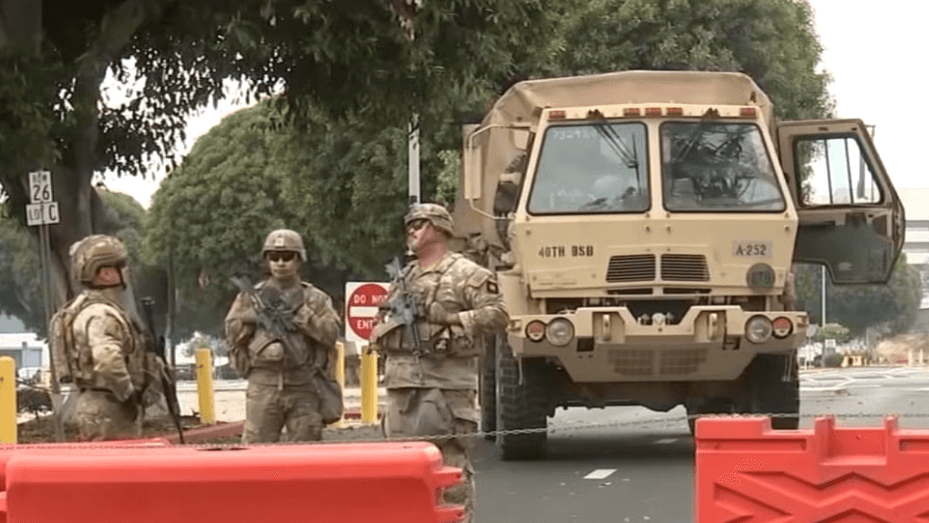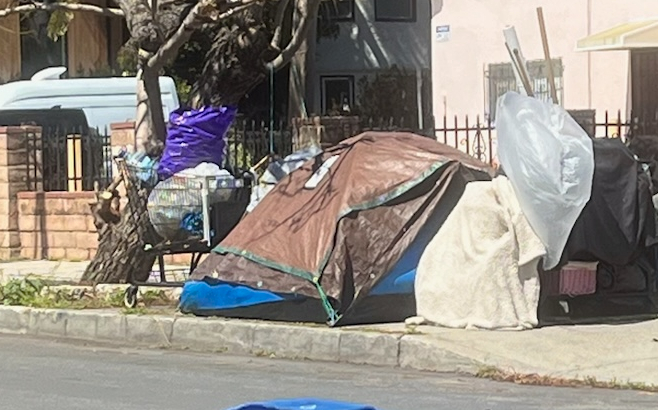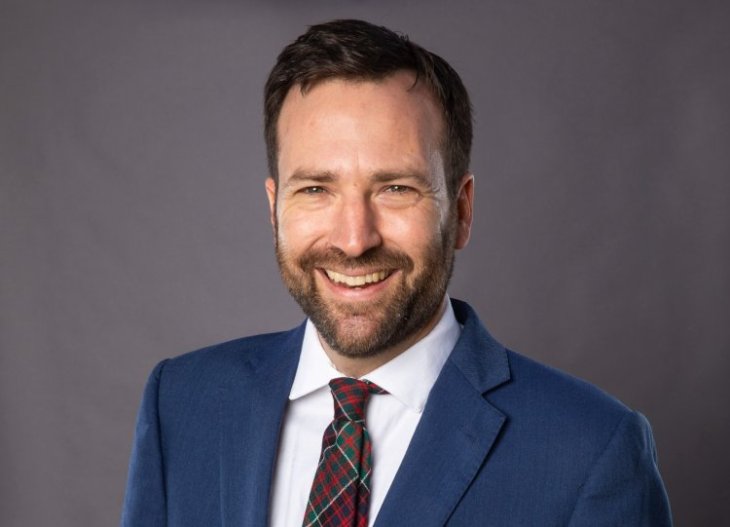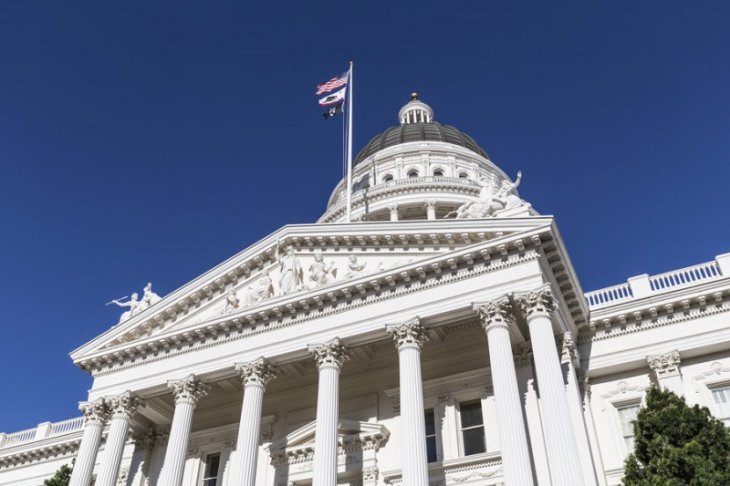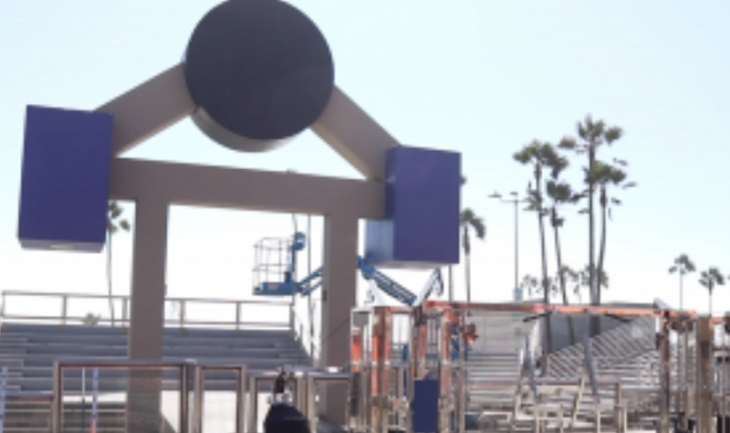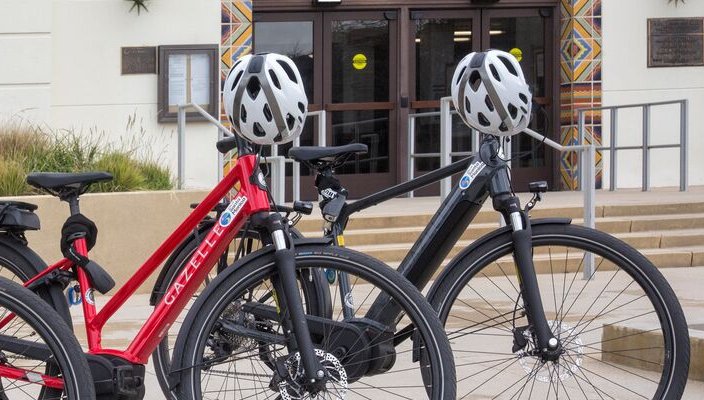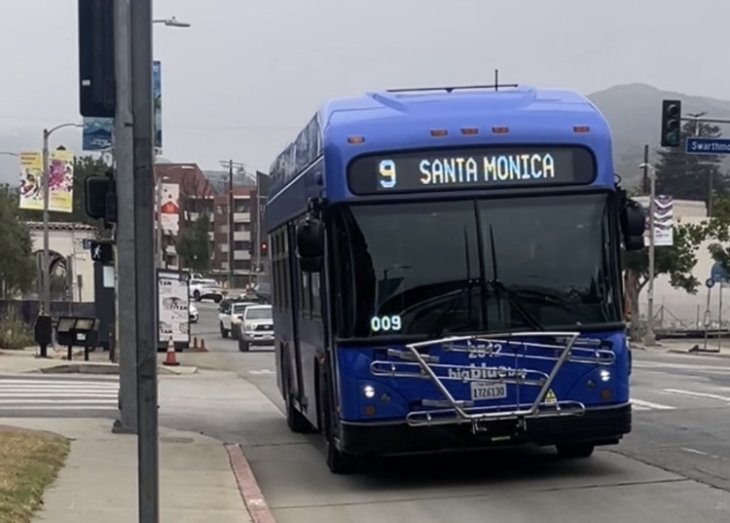Immigrants, comprising about 75% of Los Angeles County’s construction workforce with nearly half undocumented, per a Bay Area Council analysis, are central to the effort
Immigrant workers vital to rebuilding neighborhoods devastated by January’s wildfires in Los Angeles are staying home amid fears of Immigration and Customs Enforcement (ICE) raids, according to a recent report from the New York Times.
The crackdown, intensified under the Trump administration, has slowed recovery in areas like Pasadena, Altadena, and Pacific Palisades, where over 16,000 buildings were damaged.
For months, laborers have cleared toxic ash and debris from fire-ravaged homes, but recent detentions near job sites have sparked panic. On June 11, six individuals were arrested outside a Pasadena donut shop, prompting workers at a nearby job center to abandon their shifts, NYT reports. Jose Madera, director of the Pasadena Community Job Center, told NYT, “They’re living in fear, unsure if they’ll return home from work.”
Immigrants, comprising about 75% of Los Angeles County’s construction workforce with nearly half undocumented, per a Bay Area Council analysis, are central to the effort. Yet, raids have thinned crews, with some workers leaving jobs mid-task or staggering shifts to avoid detection. In Altadena, a real estate agent noted to NYT that half a crew vanished after federal agents questioned workers, while in Pacific Palisades, contractors reported reduced turnout despite no local raids.
Los Angeles County Supervisor Lindsey Horvath criticized the policy, stating to NYT, “At a time when our communities need healing, the administration is creating a man-made crisis.” Even legally resident workers, like a DACA recipient in Altadena, express dread of profiling. Contractors lament delays, with some workers opting out daily due to safety concerns.
Federal officials, including DHS spokeswoman Tricia McLaughlin, deny targeting fire recovery zones, focusing instead on “criminal illegal aliens.” However, videos of workplace arrests have fueled perceptions of broader enforcement.

